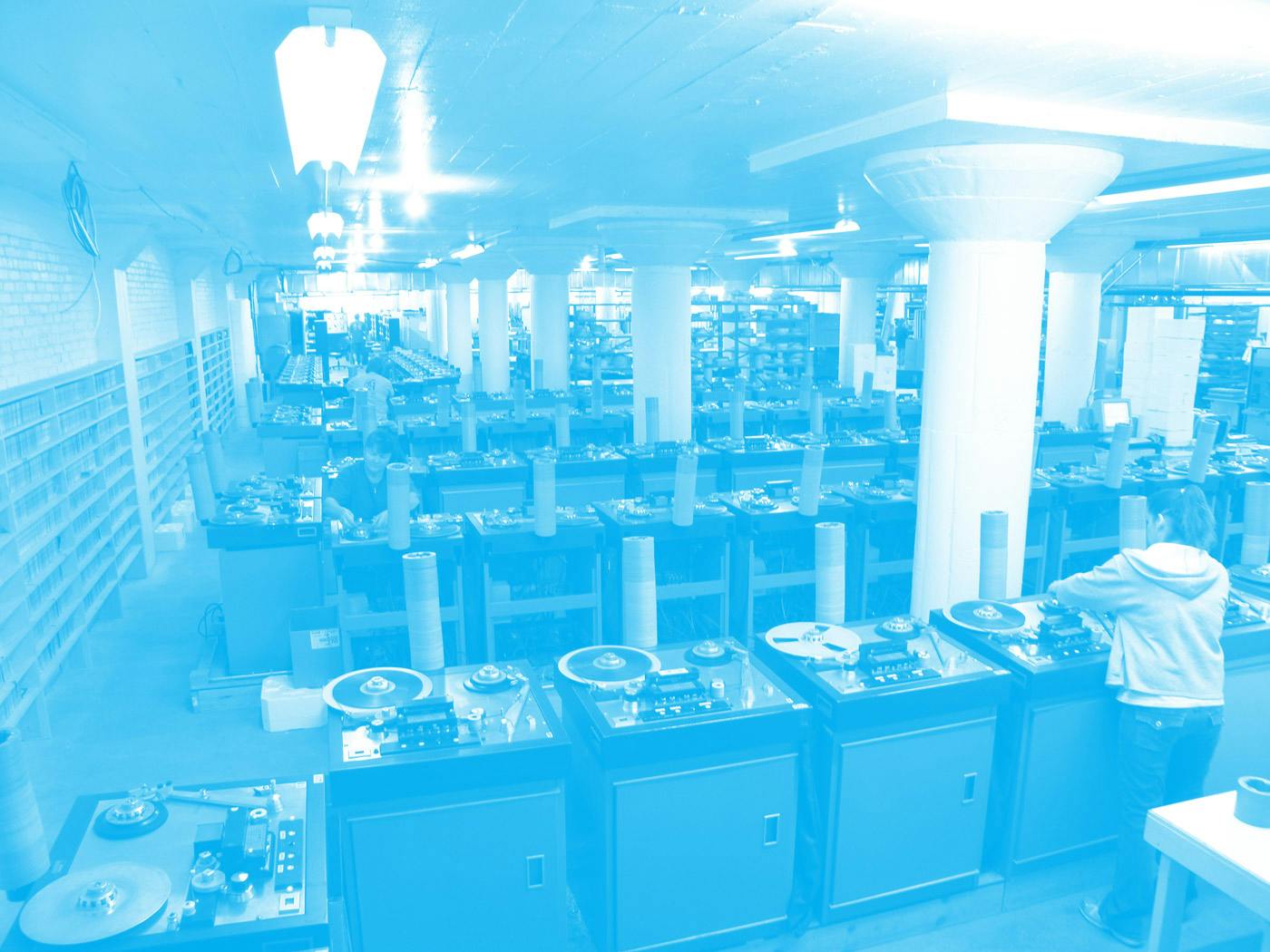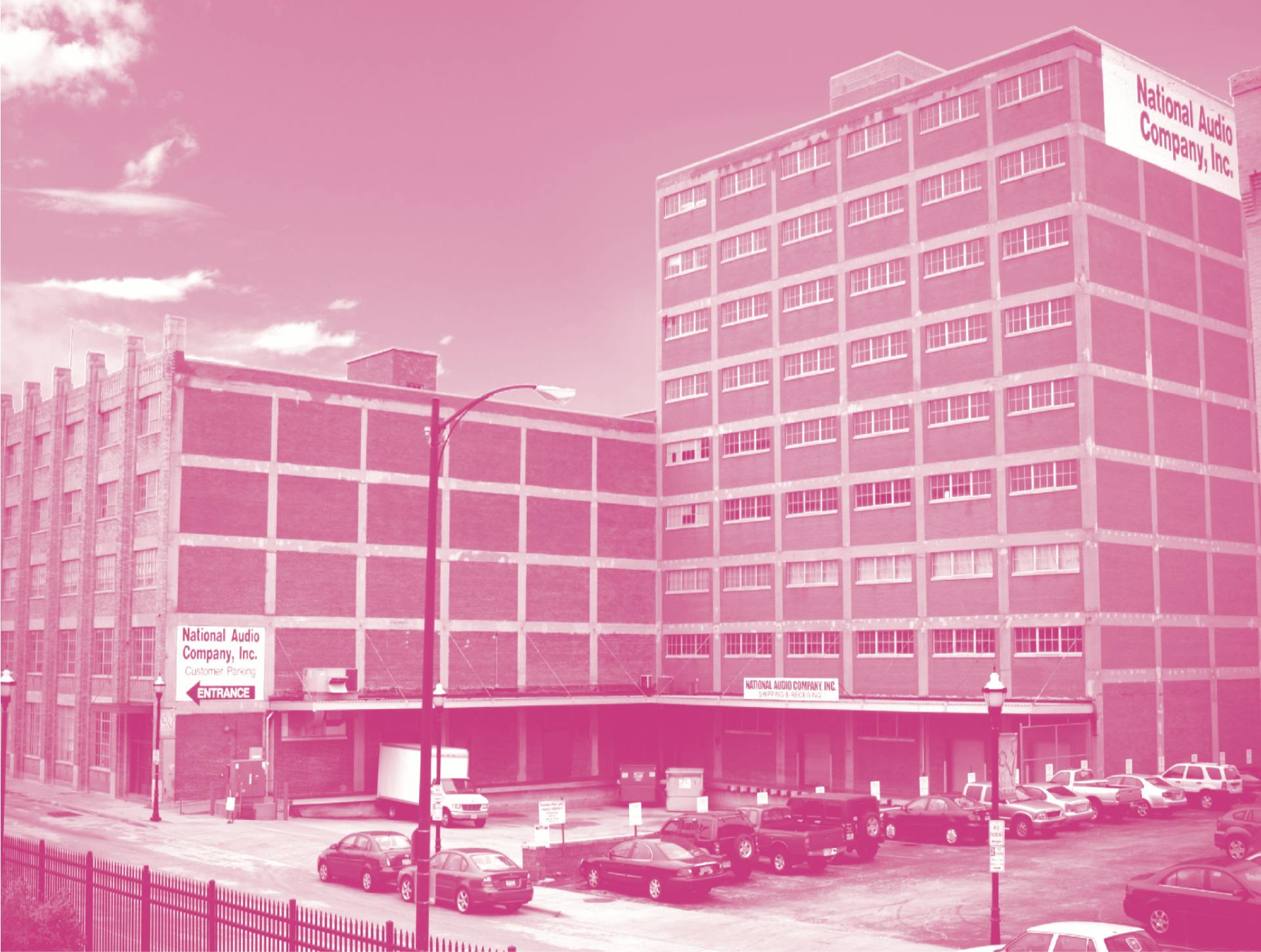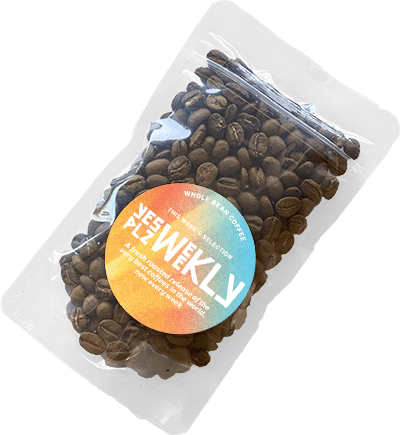SHARE
Cassette Culture — return of the boombox?

National Audio Co. finds itself the last manufacturer of cassette tapes in the U.S. and business is surprisingly booming.
|
Music
“As you know, during the 1990s the CD ran the audio cassette out of the music market.” Steve Stepp drawls over the phone from his office at National Audio Co. in Springfield, Missouri. He’s indulging me with the now well-worn story of how his company went from marketing blank cassettes in 1969 to manufacturing them through the ’70s, ’80s, and ’90s to surviving the rise of the CD and finding themselves the only audio cassette manufacturer in the United States, sitting atop an inconceivably growing industry.
Between 2009 and 2011 just 86,000 albums on cassette were sold in the U.S., but last year that number jumped to 174,000, thanks in part to a nostalgia-based trend driven by soundtracks to Guardians of the Galaxy and Stranger Things as well as major albums like Kanye West’s Yeezus and Nirvana’s seeing re-releases. Audio cassettes are now sold at Urban Outfitters alongside disposable cameras and bluetooth speakers that look like lunch pails. While Stepp welcomes the large orders that major labels are making these days, he is the first to acknowledge that cassettes wouldn’t be anywhere without indie music. “The independent bands and record labels are the people who began the whole return to the audio cassette for music,” Stepps asserts. “They were able to put out short run releases in 30 days time—which is our turn around—and get back on the market and have their music heard. It was their success that lead the major brands to say, ‘Maybe we should take another look at the audio cassette for a music medium’ and that’s what really happened.”

One indie label that has built their business on the cassette is Burger Records in Orange County, California. A bastion of what has been termed “fourth-wave garage rock” the label has brought up bands like Cherry Glazerr, The Garden, and Together Pangea. Their headquarters in a Fullerton strip mall serves as a used record store, event space, and crash pad as well as a retail outlet for their cassette releases, most of which sell for .99. Asked why he initially invested in the medium, Burger co-founder Sean Bohrman tells me, “We decided to start making tapes in 2007 because all of our friends were making amazing albums and no one was putting out the tape.” As to why he thinks the medium has caught on in the under 30 demographic, Bohrman points to their accessible price point and the ability to get a physical album out quickly, which comes in handy for independent bands who make most of their money on the road from merch sales rather than from digital downloads.
Try a cup on us
Order A Sample

SHARE
